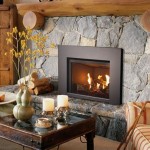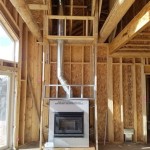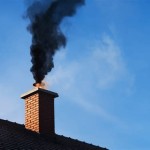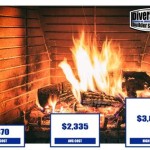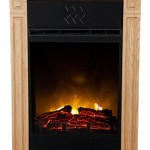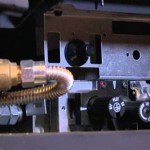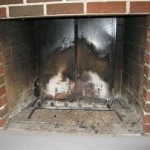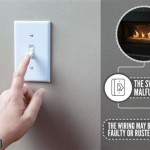Gas Fireplace Direct Vent: A Comprehensive Guide to Essential Aspects
Enhance the ambiance and warmth of your living space with a gas fireplace direct vent. Unlike traditional fireplaces, direct vent fireplaces draw combustion air from outside and exhaust fumes directly to the outdoors through a dedicated vent system. This not only ensures a safer and cleaner indoor environment but also provides numerous benefits.
Benefits of Direct Vent Gas Fireplaces
Direct vent fireplaces offer several advantages, including:
- Increased Efficiency: By eliminating the need to draw room air for combustion, direct vent fireplaces maintain a consistent airflow, resulting in improved combustion efficiency and reduced energy consumption.
- Improved Indoor Air Quality: No combustion fumes enter the living space, keeping the air clean and healthy, especially for those with respiratory issues.
- Safety: The sealed combustion process and direct venting system ensure that there is no backdrafting of poisonous gases, making them safer than traditional fireplaces.
- Versatility: Direct vent fireplaces can be installed in various locations, including interior rooms, bedrooms, and even bathrooms, thanks to their independent air intake and exhaust systems. li>Convenience: They are easy to operate with remote controls or wall switches, providing convenient and effortless warmth.
Components of Direct Vent Gas Fireplaces
A direct vent gas fireplace consists of the following key components:
- Firebox: The firebox holds the burner, logs, and other decorative elements.
- Burner: The gas burner ignites and controls the combustion process.
- Logs or Stones: Realistic ceramic or gas logs or stones provide a natural-looking flame pattern.
- Vent System: The coaxial vent system draws in outdoor air and expels combustion gases.
- Wall Switch or Remote Control: Allows for easy and convenient operation.
Choosing the Right Direct Vent Gas Fireplace
When selecting a direct vent gas fireplace, consider the following factors:
- Heating Capacity: Determine the appropriate heating capacity based on the size and insulation of the space.
- Ventilation: Ensure the vent system is compatible with your home's structure and meets building codes.
- Style: Choose a fireplace that complements your décor and personal preferences.
- Fuel Type: Natural gas, propane, or liquid propane (LP) are common fuel options. Consider availability and cost in your area.
- Features: Look for additional features such as remote control, flame adjustment, and safety certifications.
Installation Considerations
Professional installation is crucial for the safe and efficient operation of a direct vent gas fireplace. The installation process involves:
- Determining the Location: Choose a suitable location that meets ventilation requirements and electrical accessibility.
- Vent Installation: Install the vent system according to manufacturer instructions, ensuring it is airtight and extends to the outdoors.
- Gas Supply: Ensure a reliable gas supply and connect the fireplace to the gas line.
- Electrical Wiring: Connect the fireplace to a dedicated electrical circuit.
- Final Inspection: Hire a qualified professional to inspect the installation and ensure it complies with all safety regulations.
Understanding How Direct Vent Works Heat Glo

Benefits Of Direct Vent Fireplaces

Freestanding High Efficiency Direct Vent Gas Fireplaces Inserts Stoves Godby Hearth And Home
.aspx?strip=all)
Benefits Of Direct Vent Fireplaces Regency Fireplace S

How To Find The Most Efficient Direct Vent Gas Fireplace For Your Next Project

What Is A Direct Vent Fireplace Fireplaces Learning Center

Gas Fireplaces Direct Vent Vs Free Fine Homebuilding

Direct Vent Vs Natural Www Mygasfireplacerepair Com

Napoleon Ascent Dx42 Direct Vent Gas Burning Fireplace

Oakville Gdix4 Direct Vent Gas Fireplace Inset By Napoleon
Related Posts

